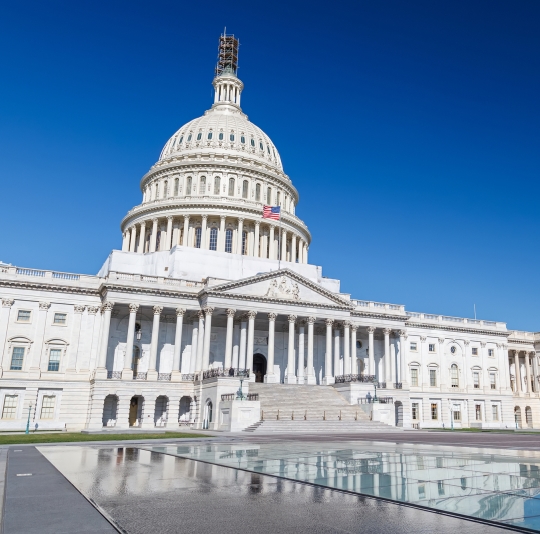Press Releases
Wexton Applauds Efforts Led by Members of Task Force on Digital Citizenship to Combat Disinformation in NDAA
Washington,
July 21, 2020
Washington, DC -- Congresswoman Jennifer Wexton (D-VA), founder of the Congressional Task Force on Digital Citizenship, applauded amendments included in the Fiscal Year 2021 National Defense Authorization Act (NDAA) to confront the national security threat posed by disinformation, including her own which would require a new standing report on foreign campaigns to spread disinformation and undermine federal elections. "Disinformation campaigns are a direct assault on our national security and have the power to undermine the integrity of our elections, erode public trust in our democratic institutions, and even impair our ability to manage crises like COVID-19,” said Congresswoman Jennifer Wexton. “I founded the Task Force on Digital Citizenship to help Americans recognize and learn how to confront the dangers of disinformation in their daily lives and to promote policies here in Congress that can mitigate and neutralize this threat. I’m proud of the important provisions that we’ve fought to include in this year’s NDAA that will help our defense community better respond to these types of attacks and hold accountable those who are responsible." Amendments to the NDAA led by members of the Task Force would better equip our armed forces and the federal government to manage the dangers of disinformation and manipulated media, including:
Congresswoman Wexton founded the Congressional Task Force on Digital Citizenship in April 2020, which hosted a briefing earlier this month on safeguarding digital democracy with the German Marshall Fund. Wexton has also introduced legislation to incentivize new research into technology that would detect deepfakes and authored an amendment to help improve the public’s understanding and detection of deepfakes. Wexton has held social media companies accountable for false information on their platforms, pressing Facebook CEO Mark Zuckerberg during a Financial Services Committee hearing last year about their disinformation policies and his refusal to remove a doctored video of House Speaker Nancy Pelosi. ### |



